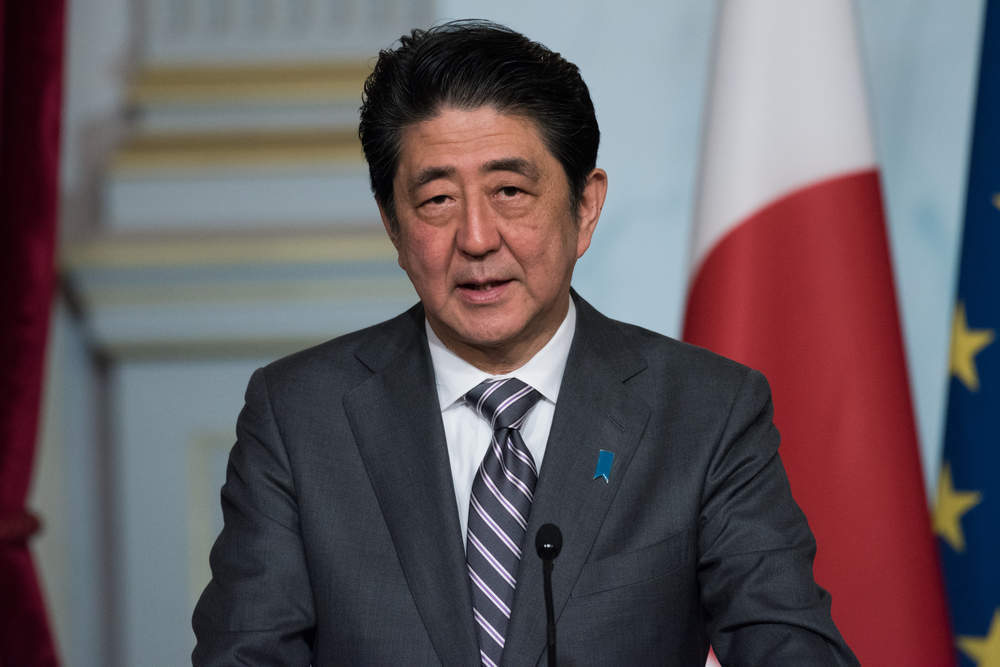
Japanese prime minister Shinzo Abe plans to hold a snap election next month, taking advantage of his higher approval ratings and a weak opposition.
Japan’s main opposition Democratic Party is finding it difficult to cooperate with liberal opposition groups.
Meanwhile, Abe has benefited from the country’s strong economy, which has grown for six straight quarters.
Abe’s junior coalition partner Natuo Yamaguchi, the head of the Komeito party, said that the election will be held on 22 October.
What is Abe pledging to do?
The 63-year-old leader, who has been in power for five years, is expected to toughen his stance against North Korea amid heightened tensions surrounding the its nuclear program.
As part of a stimulus package worth around 2trn yen (£13.1bn), he is also likely to increase domestic spending on education and improve child care provisions.
How well do you really know your competitors?
Access the most comprehensive Company Profiles on the market, powered by GlobalData. Save hours of research. Gain competitive edge.

Thank you!
Your download email will arrive shortly
Not ready to buy yet? Download a free sample
We are confident about the unique quality of our Company Profiles. However, we want you to make the most beneficial decision for your business, so we offer a free sample that you can download by submitting the below form
By GlobalDataOn Monday, Abe signalled at plans to raise taxes in order to fund his spending push:
Without funds, these policies would just be pie in the sky. On the other hand, we must proceed steadily with restoring fiscal health. Finding a balance will be important.
Abe’s ratings have increased from 30 percent in July to around 50 percent this month.
Fourty-four percent of voters plan to vote for Abe’s Liberal Democratic Party (LDP), compared to 8 percent who support the main opposition Democratic Party, according to a weekend survey by the Nikkei business daily survey.
Another 8 percent would vote for a new party, the Party of Hope launched by Tokyo governor Yuriko Koike in July.
In a televised press conference on Monday, Koike, a former member of Abe’s LDP, said:
I want the Japanese people to believe that there is hope for tomorrow. Our ideal is to proceed free of special interests.
Meanwhile, a Kyodo news agency survey was less promising about an Abe victory, revealing his LDP was likely to win 27.7 percent of the vote, with 42.2 percent undecided.
Minoru Morita, an independent political analyst said:
Abe’s big gamble could yield a big surprise.
The Japanese leader has come under criticism from those who believe that he is using the election as a way to distract voters from two cronyism scandals that rattled his government earlier this year.
In July, his popularity slipped to a record low when it emerged that alleged Abe granted alleged favours to certain private school operators.
To be re-elected, Abe needs to retain his coalition’s two-thirds majority in the lower house of parliament.
If he wins, he could serve until 2021, making him the longest-serving prime minister in Japanese history.







